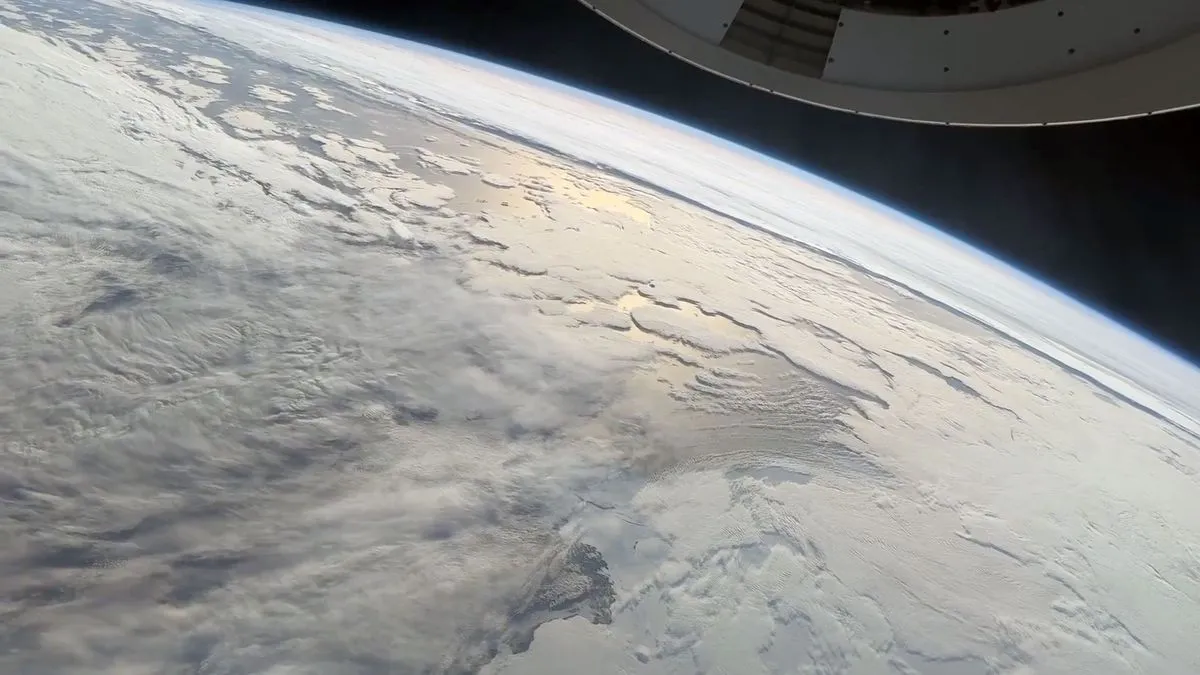
For the first time in history, a crew of four astronauts is experiencing the awe-inspiring sights of both Earth's North and South poles from space. This remarkable journey marks a significant milestone in human space exploration, as all previous missions have orbited the Earth from west to east. The Fram2 mission, aboard a SpaceX Crew Dragon spacecraft, is pioneering a new orbital path by following a 90-degree inclination, allowing the crew to witness these majestic regions like never before.
One of the standout features of this mission is the Dragon's Cupola, the largest window ever launched into orbit. During their first opportunity to open this incredible viewing portal, the Fram2 astronauts were treated to breathtaking 360-degree views of our planet. This unique vantage point not only enhances the crew's experience but also serves as a historic moment for space exploration.
The Fram2 mission is led by Commander Chun Wang from Malta, alongside fellow crew members Jannicke Mikkelsen of Norway, Rabea Rogge of Germany, and Eric Philips of Australia. Each member of this diverse team has previously spent significant time in the polar regions of Earth. Their familiarity with these areas added an intriguing layer to their observations from space.
In a recent update from space, Commander Wang expressed his surprise at the stark visibility from 460 kilometers (approximately 285 miles) above the Earth. “Hello Antarctica,” he wrote, noting that contrary to their expectations, the only sight visible was an expansive field of pure white, devoid of any human activity. This observation highlights the vastness and untouched beauty of the polar regions, further emphasizing the mission's significance.
For those eager to learn more about this groundbreaking mission, live updates and videos showcasing the polar regions as seen by the crew can be accessed online. Follow the Fram2 mission to witness the incredible journey and gain insights into the experiences of these pioneering astronauts as they explore Earth's poles from a perspective previously unimagined.